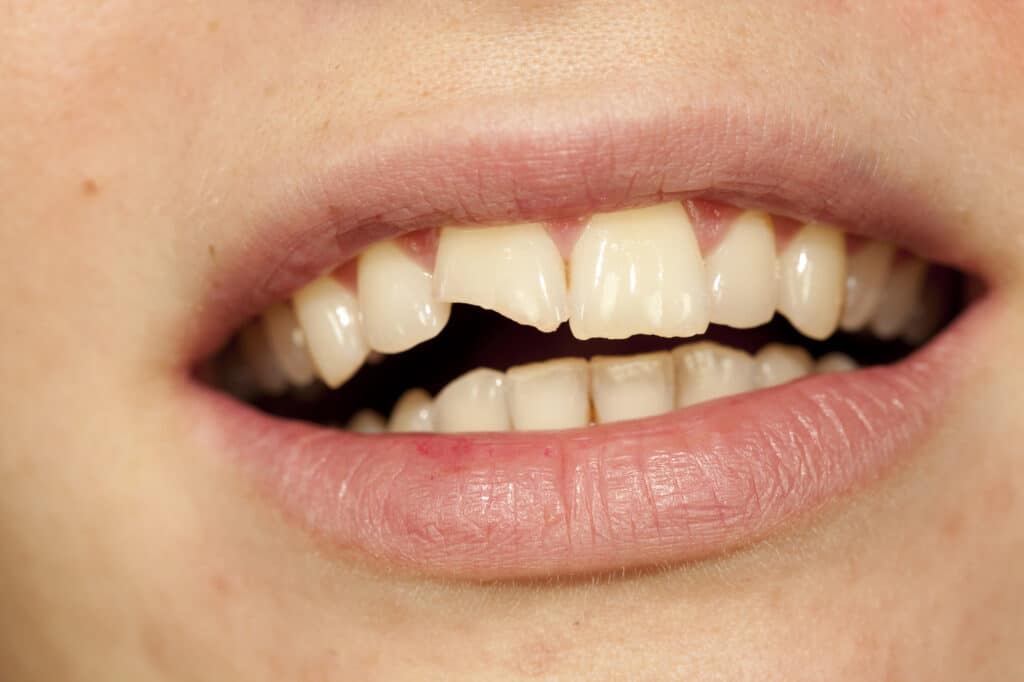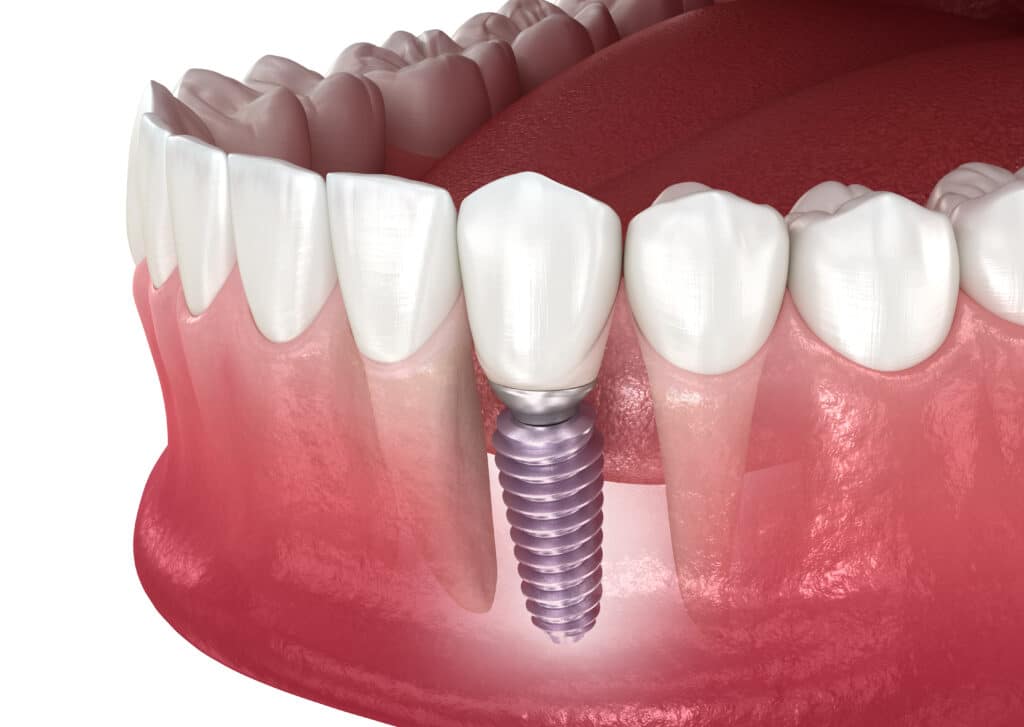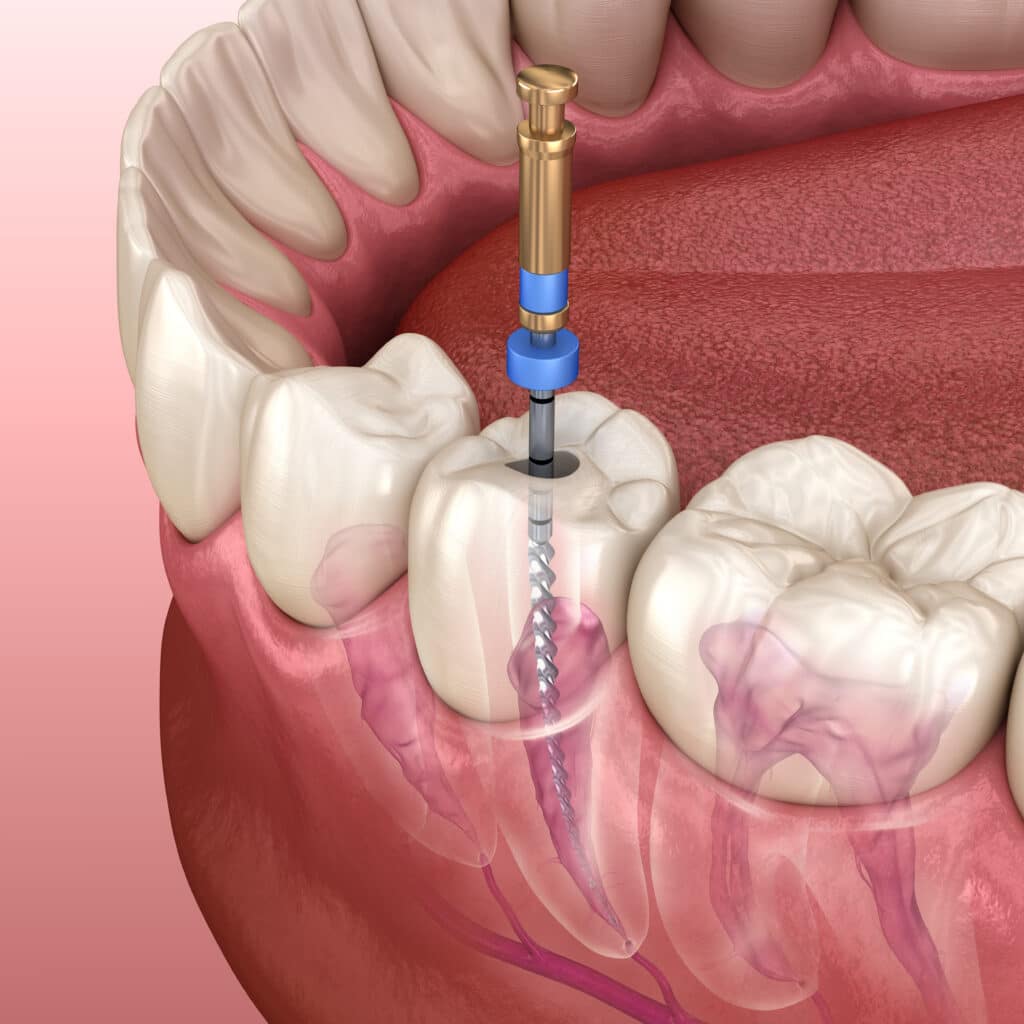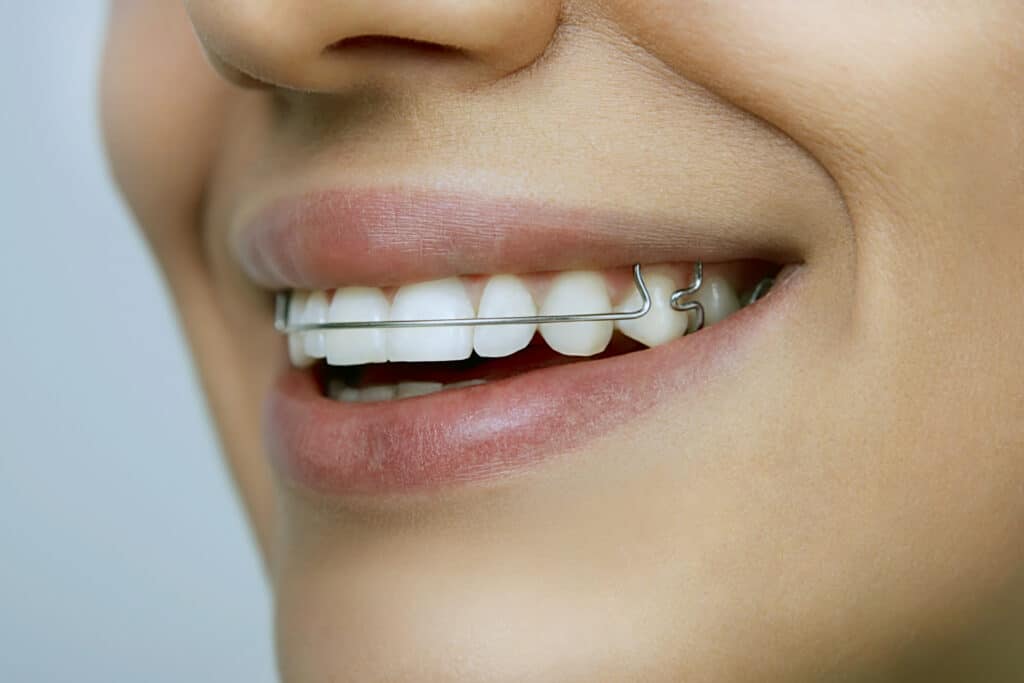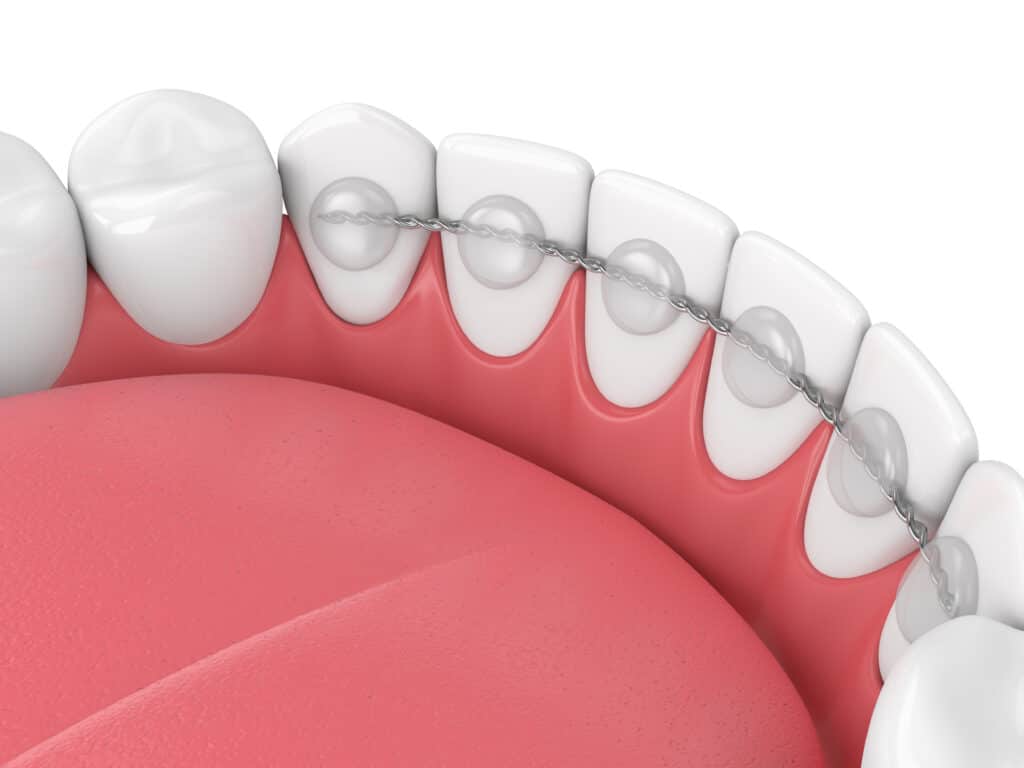
We often focus on the basics of dental care, including brushing, flossing, and biannual check-ups. However, we often neglect oral cancer screenings, letting this silent threat go unnoticed until it’s too late. The Oral Cancer Foundation predicts that over 58 thousand people in the United States will be diagnosed with a form of oral cancer in 2024.
At VIP Smiles, we understand the importance of empowering our patients to make informed decisions about their healthcare. The thought of oral cancer may be bleak, but the good news is that early detection significantly impacts the chances of successful treatment.
Oral cancer screening is a vital tool for safeguarding both your smile and your overall health. By raising awareness about the importance of oral cancer screening, we hope to encourage you to prioritize your oral health and overall well-being by seeking out an exam at your next dental appointment.
Understanding Oral Cancer
Before we get into the importance of oral cancer screening, let’s discuss what oral cancer entails. Forms of oral cancer can affect the cheeks, tongue, lips, floor of the mouth, sinuses, hard and soft palates, and throat. It can present as a growth or sore in the mouth that doesn’t heal, difficulty swallowing, persistent mouth pain, or unexplained vocal changes.
More than 90 percent of mouth cancers are categorized as squamous cell carcinoma. Types of squamous cell carcinoma include:
- Buccal mucosa cancer
- Floor of mouth cancer
- Gum cancer
- Hard palette cancer
- Lip cancer
- Tongue cancer
While certain factors can increase your risk of developing oral cancer, it’s important to remember that it can affect anyone, regardless of their lifestyle or genetic makeup.
The key to defeating oral cancer is early detection. When it’s caught in its early stages, it’s highly treatable; however, late-stage diagnosis may necessitate more aggressive treatment and mean a lower chance of survival. As with any other form of cancer, routine oral cancer screening plays a pivotal role in ensuring a good outcome.
What to Expect During Oral Cancer Screening

During your regular dental check-ups, your dentist isn’t just looking at your teeth and gums — they’re also performing a comprehensive oral examination. Oral cancer screening includes a visual inspection of your lips, mouth, tongue, throat, and neck. Using specialized techniques and tools, they will look for any abnormalities like white or red patches, lumps, sores, or other suspicious irregularities. Some dentists may also employ additional screening devices that allow them to better visualize tissue abnormalities.
Who Needs Oral Cancer Screening?
A common misconception is that only individuals with certain risk factors need oral cancer screening. Although certain habits like heavy alcohol consumption or smoking elevate the risk, oral cancer can affect anyone, regardless of their lifestyle choices. This simple, non-invasive procedure can potentially save lives and is recommended for all adults.
When it comes to preventing oral cancer, consistency is key. Even if you’ve had no prior symptoms, regular exams allow your dentist to monitor changes in your oral health over time. Remember that early detection offers the best chance for successful treatment.
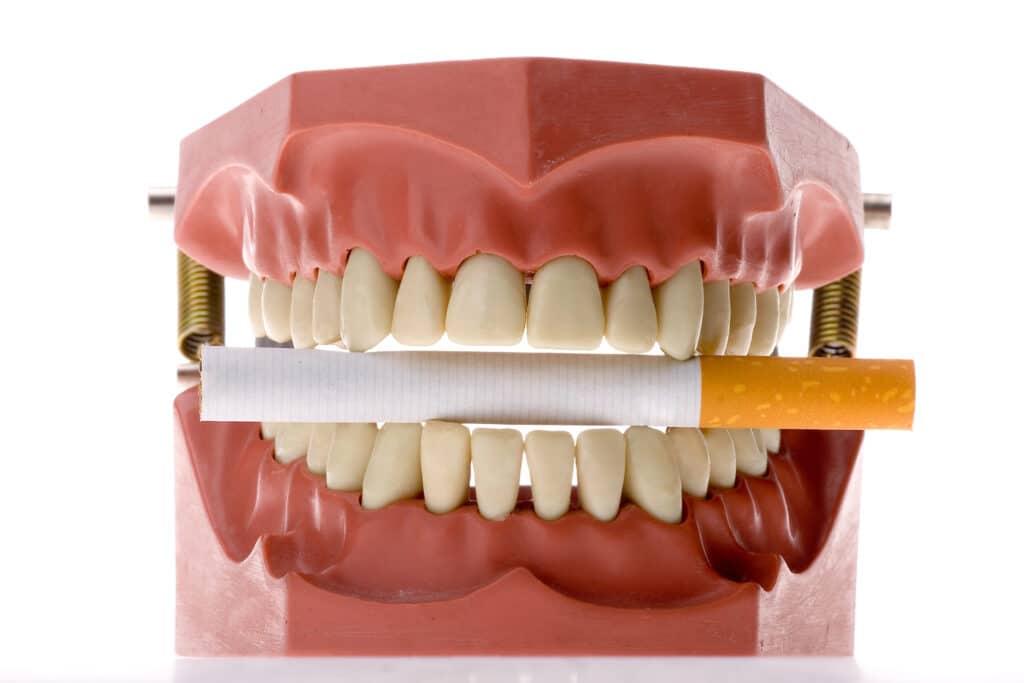
Oral Cancer Prevention
While regular screenings can help you catch oral cancer early, there are additional steps you can take to reduce your risk of developing oral cancer in the first place. These include:
- Avoiding tobacco products: Tobacco use is one of the leading risk factors for oral cancer. Whether it’s chewing tobacco or smoking cigarettes, quitting these destructive habits is one of the best things you can do for your oral health.
- Limiting alcohol consumption: Excessive alcohol consumption is another significant risk factor for a number of health problems, including oral cancer. If you choose to drink, do so responsibly and in moderation.
- Practicing good oral hygiene: Brushing each morning and night, flossing daily, and attending regular dental check-ups are essential for maintaining oral health and detecting any issues early on.
- Eating a healthy diet: Eat a balanced diet rich in fruits and vegetables to ensure you get the nutrients you need to support your oral health and overall well-being.
Oral Cancer Screening at VIP Smiles
Despite its seriousness, oral cancer is an often overlooked health concern. By prioritizing your oral health, adopting healthy lifestyle habits, and seeking regular screenings, you can take proactive steps to safeguard your smile.
At VIP Smiles, we are proud to offer oral cancer screenings in addition to our regular dental exams. Next time you come in for a check-up, ask us about what you can do to minimize your oral cancer risk and take control of your health. Your smile deserves it!

